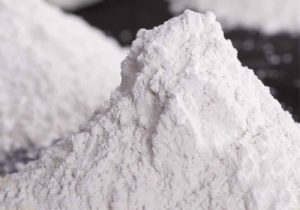
CP-992 Organophilic clay
CP-992 Organophilic Clay, the wet process improved viscosifier and gelling agent . It is a rapidly dispersing.
High Quality Bentonite Clay : This is an organic clay modified with bentonite. Its wide range of applications, high quality, and price advantages have been proven in the market for over 20 years. Currently, there is a large sales volume in both the Middle East, Russia, and North America, especially in oil field drilling, where the Russian market accounts for a large proportion. We welcome you to consult our organic bentonite, whether it is your application, drilling fluid, or grease and paints etc.
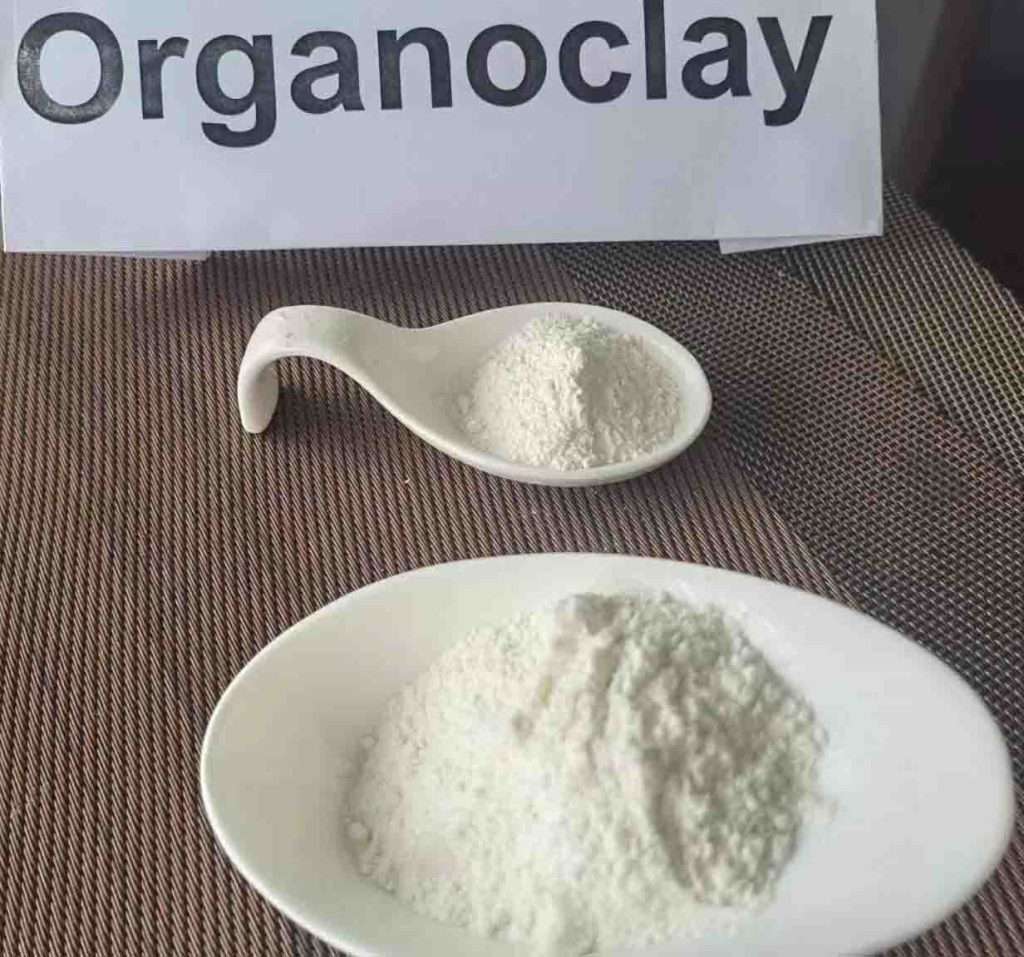

CP-992 Organophilic Clay, the wet process improved viscosifier and gelling agent . It is a rapidly dispersing.

CP-982 Organophilic Clay is an amine treated bentonite with a moderate temperature performance.

CP-150 Organophilic Clay is a self-activating organoclay that disperses easily and performs well in diesel, low aromatic mineral oil, modified vegetable oil, and synthetic base fluid formulations.
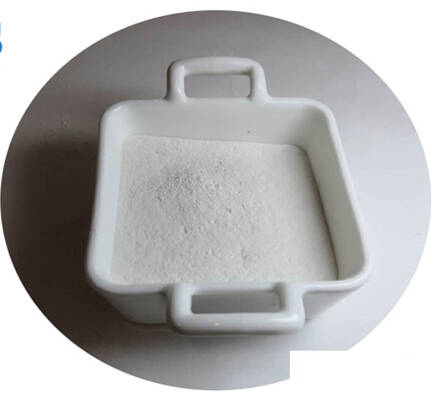
High Quality Bentonite Clay: Traditional painting techniques can be laborious and messy. However, you can benefit from a quicker, simpler painting process with our premium bentonite clay while still getting excellent results. Use of our bentonite clay in oil-based paints, coatings, and inks is ideal. Additionally, i

CP-10 organoclay is a rheological additive made of organoclay. It is used in non-polar to moderately polar aliphatic and other solvent systems

CP-MPZ organoclays is an modified bentonite that is used in solvent and resin systems ranging from non-polar to highly polar.

The CP-MPS rheology modifier is a type of organo clay rheological additive that is used in solvent and resin systems ranging from non-polar to high polarity.
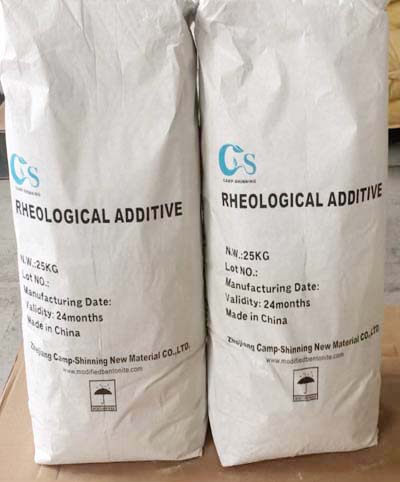
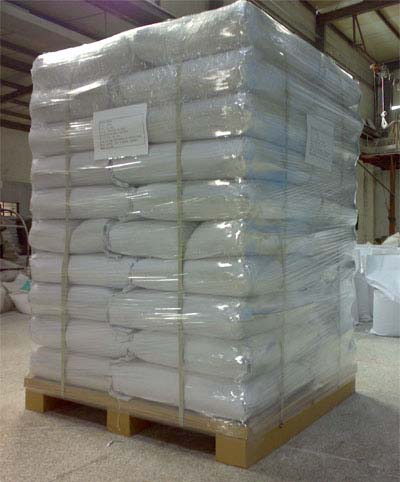
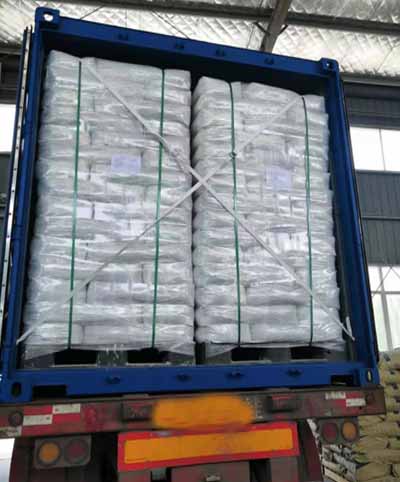
Organoclay Supplier / Manufacturer :
Internet address: https://www.rheologymodifiers.com/
Email address: [email protected]
Whatsapp / Wechat: +86-13185071071
Organophilic Clay Supplier / Manufacturer :

CP-EW Organoclay for Water Based paint. It is primarily employed in water borne paint systems,such as latex paint. So it is a good water based additive in paints,coatings,grease etc.

CP-EWS Modified bentonite It is employed in a water-borne coatings system. CP-EWS organoclay outperforms CP-EW in terms of thixotropy, transparence, and dispersion.

CP-WBS Rheology Modifier is rheological modified bentonite. It is mostly employed in water-borne systems.


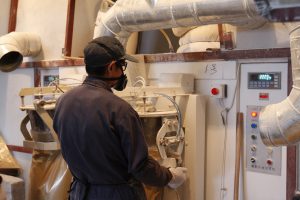
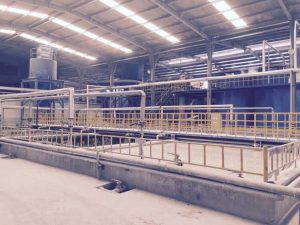
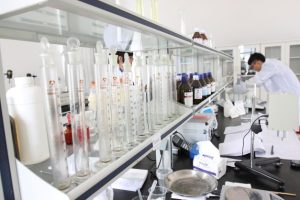
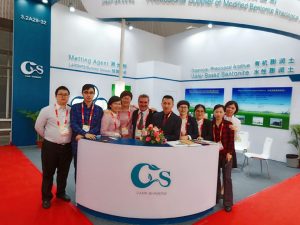
The Organoclay bentonite | Organophilic clay -specialized Zhejiang Camp-Shinning New Material CO.,LTD. and Hangzhou Camp-Shinning CO.,LTD. are subsidiaries of Camp-Shinning.
Camp-shinning concentrated on high value-added, high-technology organo bentonite series products, particularly in research, development, manufacturing, and sales of organic (solvent based organoclay) and inorganic bentonite (water based organoclay).
Our Organophilic bentonite clay finds widespread application in oil drilling mud, paint, coating, lubricating grease, adhesive, construction mortar, cosmetics, and waste water treatment, among other applications. A group of world-class professional users and distributors, such as SUN CHEMICAL,,SIEGWERK,LEHMANN &VOsS, and others, have acknowledged our dependable quality.
Current annual production of organic bentonite clay | organoclay is 20,000 metric tons, while refined bentonite production is 15,000 metric tons.
Our ISO 9001 quality system certification and IS014001 environmental management system certification, as well as our own mine with superior ore quality and production of proprietary technology, ensure the long-term quality and supply stability of our Organoclay bentonite | Organophilic clay.
Our mission is to provide users with superior Organoclay bentonite | Organophilic clay and services and to collaborate with them to achieve success and glory.
Internet address: https://www.rheologymodifiers.com/ and email address: [email protected]
Whatsapp / Wechat: +86-13185071071
Organoclay | Organophilic Clay CP-2 also named amine treated Bentonite.
In diesel oil based fluids,organophilic clay viscosifier CP-2 are used to increase carrying capacity and suspension properties, providing support for weight materials and improved cutting removal. Organophilic bentonite also aids in filter-cake formation and filtration control.
Properties
Composition Organically modified bentonite clay
Physical appearance Off white to tan free-flowing powder
Moisture content (105℃,2hr) ≤4%
Particle size (<76μm or 200mesh) ≥95%
Specific Gravity 1.6-1.8
Advantages
Effective viscosifier and gellant
Aids control of fluid loss to the formation
Increases emulsion stability
Improves cuttings carrying and hole cleaning capacity
Suspends weighting materials and other solids
Confers temperature stability to the fluid
Application
Base oil:
Diesel Oils
Crude Oils
Mineral Oils
Synthetic Oil
Viscosifying drilling Fluids:
Oil based drilling fluids
Invert emulsion fluids
Workover fluids
Completion fluids
Casing packs
Packer fluids
Spotting fluids
Package
Organoclay | Organophilic Clay CP-2 is packed in 50lb(22.7kg) or 25kg/bag or customized,multi-wall paper sacks or Kraft paper bag with PE liner or customized.
Storage
CP-2 Store in a dry, well-ventilated area with temperature of 0℃-30℃. Keep container closed. The quality guarantee period is 24 months.
Notice
The information on use is based on data which are believed reliable, but any recommendation or suggestion made is without guarantee or warranty, since the conditions of use are outside our control. All products are sold on the conditions that purchasers shall make their own tests to determine the suitability of such products for their purpose and that all risks are assumed by user. We disclaim any responsibility for damages resulting from careless or improper handling or use. Nothing herein is to be taken as permission, inducement or recommendation to practice any patented invention without a license.
Internet address: https://www.rheologicaladditive.com/ and email address: [email protected]
Whatsapp / Wechat: +86-13185071071
High Quality Bentonite Clay : Bentonite clay of superior quality is an effective adsorbent for organic pollutants. The procedure involves multiple steps, including washing with distilled water, freeze-drying, and storing. Finally, the organic carbon content of the clay is determined with a carbon sulfur analyzer. Modified High Quality Bentonite Clay The FTIR spectra of raw bentonite and modified bentonite clay indicated that the raw material consisted of two distinct types. The first type was associated with hydrogen bonding, while the second was an isolated group. The chemical modifications altered the surface functionalities and morphological properties of the raw bentonite by altering its structure and interfacial structure. Organoclay is typically produced via one of three methods. The initial process involves cation exchange and a chemical reaction involving a surfactant. The other two routes involve interaction between solids and liquids. Clay and surfactant are mixed in a heated environment during this procedure. The heated mixture allows surfactant molecules to diffuse and forms an exchanged heterogeneous organoclay. The most common method for preparing organoclay involves combining sodium clay with a surfactant solution. The surfactant concentration should be higher than that of the clay itself. The surfactant-modified clay is then centrifuged and washed in distilled water multiple times. Organoclay is then dried at 60 degrees Celsius. The mechanical properties of bentonite clays that have been modified have been utilized in a variety of applications. Numerous studies have focused on enhancing the mechanical properties of clay. organic pollutant absorption : High Quality Bentonite Clay Mass and solvent composition influence the adsorption capacity of organophilic bentonites. Those with greater adsorption capacities are more effective at absorbing organic pollutants than those with lower adsorption capacities. Those with lower absorption capacities are unsuitable for use in lining systems. Introducing organic molecules into the structure of clay produces organoclays. These materials have demonstrated promising efficacy in the removal of a variety of contaminants. In addition to adsorption, these clays can degrade contaminants through their interactions with particular microorganisms. In this review, we discuss the current state of research in this field and outline directions for future study. The sorption capacity of bentonite clay organo-clay of high quality is greater than that of unmodified clay. This is due to the increased carbon content in modified materials. As a result, the organic molecules were loaded into the clay’s galleries, resulting in an increase in the material’s carbon content. Organoclay, also known as organic bentonite clay, has numerous applications in industry. Among them are additives for oil drilling, grease, ink, paint, and filtration media. Organoclay is also used as a suspension medium and rheological agent. In addition to its use in adsorption, high-quality bentonite clay is employed in the purification of water. Its three-layer structure enables it to possess superior adsorption and rheological properties. The compound consists of two layers of tetrahedral silicate and an octahedron of aluminate. Organoclay adsorption efficiency is dependent on the interlayer surface cation composition and crystal lattice defects. In addition, the amount of intercalated organic substance influences the adsorption efficiency. A variety of chemical processes attract organic molecules to the surface of the mineral. Some of these interactions are electrostatic and non-ionic. Interlayer cations have an effect on the polarization of organic molecules. These interactions facilitate the local aggregation of organic compounds. Organoclays composed of high-quality bentonite clay are an excellent choice for organic pollutant adsorption. Adsorption rate dynamics : High Quality Bentonite Clay Organoclay is a class of clays whose properties have been altered by the addition of cationic surfactants. This procedure increases the clay’s absorption capacity and surface area. This group of clays has been utilized extensively for the remediation of heavy metals, organic pollutants, and pesticides. Organoclays are important for environmental remediation because they are inexpensive and can remove the majority of chemical wastewater pollutants. They can be used for a variety of purposes, including the absorption of petroleum spills, the treatment of wastewater, and the construction of slurry walls. To comprehend how these clays influence the sorption of hydrophobic compounds, we analyzed four distinct cost-effective organoclays. Each was produced through cation-exchange reactions between surfactants and lattice ions at the surface of laterite clay minerals. The adsorption efficiency was affected by the amount and molecular structure of the surfactant.
Organoclay Supplier / Manufacturer :
Internet address: https://www.rheologymodifiers.com/
Email address: [email protected]
Whatsapp / Wechat: +86-13185071071
Organophilic Clay Supplier / Manufacturer :

CP-180 organoclay is an organo clay rheological additive (modified montmorillonite) designed specifically for use in solvent-based systems

CP-34 organoclay is a modified bentonite that has been specifically designed for use in solvent-based systems.

CP-EDS modified bentonite is a kind of organo clay rheological additive. It is used in systems of medium polarity and high polarity system.
High Quality Bentonite Clay